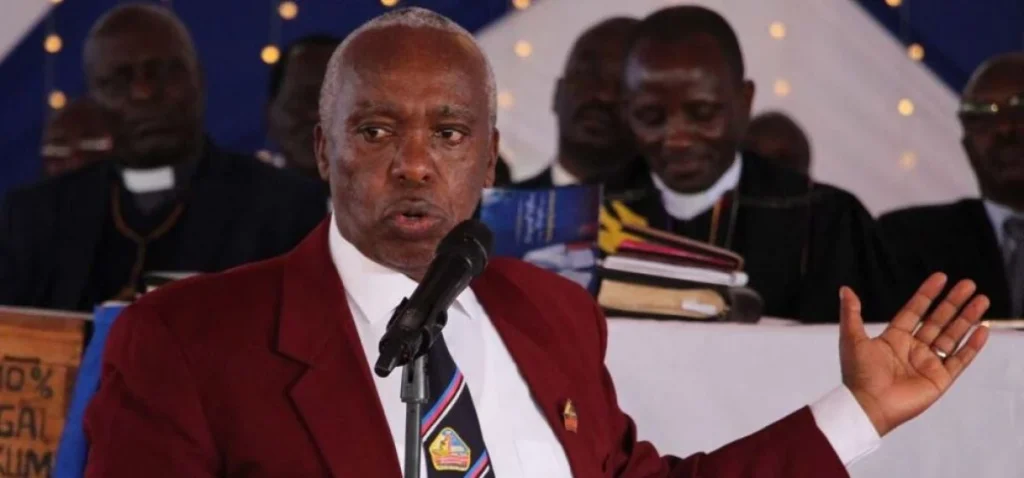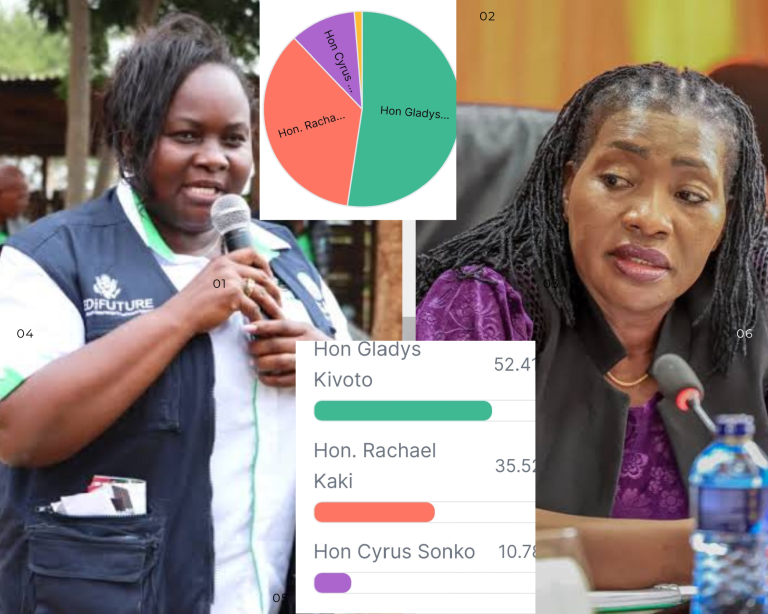
By Veronicah Stellah
Kieni Member of Parliament, Njoroge Wainaina, has revealed staggering losses amounting to Ksh. 550 million following the destruction of his businesses during protests against the Finance Bill. The legislator disclosed that his supermarket in Kieni, Nyeri County, was completely destroyed during Tuesday’s demonstrations.
Wainaina detailed the extent of the damages, which included Ksh. 450 million worth of stock and approximately Ksh. 100 million in equipment, such as bakery shelves. Speaking to The Standard, he lamented the aftermath, highlighting the plight of 350 employees who were now unemployed.
Despite the significant financial setback, Wainaina stood by his decision to support the Finance Bill, emphasizing its potential benefits for his constituents. “I voted in support of the Bill because the people of Kieni stood to benefit from it being an agricultural zone,” he explained, noting potential advantages for local farmers in onion, potato, egg, and milk production.
The MP also alleged that the destruction of his property was not merely the result of spontaneous protests but rather orchestrated vandalism by individuals posing as demonstrators. This sentiment resonated among other MPs who supported the bill, several of whom acknowledged facing repercussions for their stance against popular sentiment.
Kapseret MP Oscar Sudi echoed these concerns, condemning the violence that marred what began as a peaceful protest. “What transpired on Tuesday is unfortunate,” he remarked, criticizing the loss of life and property destruction as contradictory to the principles of the constitution.
Online, Kenyans expressed outrage towards the MPs who supported the Finance Bill, with public sentiment turning sharply against them. The unfolding events prompted President William Ruto to eventually decline signing the bill into law, signaling a pivotal moment in response to public outcry and escalating unrest.
The aftermath of the protests continues to reverberate across Kenya, raising critical questions about governance, public participation, and the balance between legislative decisions and popular will. As the situation unfolds, stakeholders remain vigilant for further developments and their implications on national stability and governance.



